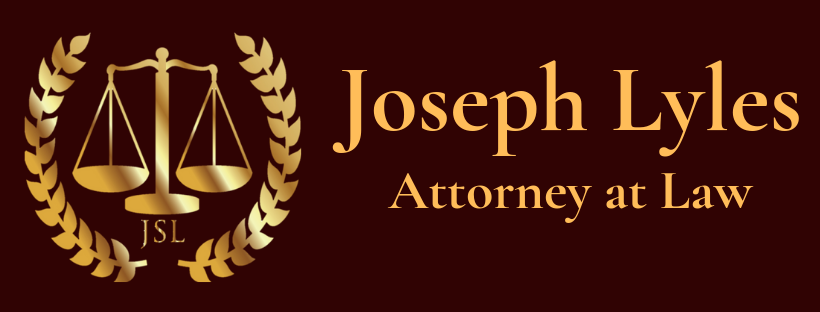Lesson 44: Are you an Executor of an Estate?
From the Death and Taxes section of How You Can Avoid Legal Land Mines by Joseph S. Lyles (2003).
When someone dies, a spouse or relative usually takes legal responsibility for the property (called an estate) ownd by the deceased. A part of those responsibilities is the debts of the deceased. The Probate Court will formally appoint someone to handle these things and that person in most states is called a Personal Representative (PR), often formerly called the Executor or Executrix. When you are appointed as a PR, the Probate Court gives you guidance on what to do. However, be careful not to pay any bills or debts of the deceased until you are certain it is necessary. Of course, the providers of various services, such as utilities, cable TV or newspaper delivery to the deceased should be notified of the death so those services can be discontinued.
The way debts of a deceased are generally handled in most states is that the debtor should make a formal, written claim for the debt that is sent either to the Probate Court or the PR. The PR should then wait until the creditor period has run so he can determine whether there are sufficient funds in the estate to pay all the bills. If there are sufficient funds and the PR feels the debts are valid, then the claims are formally “allowed” or accepted by the PR and paid. If not, the PR “disallows” the debtor’s claim, either wholly or partially. If the creditor wishes to contest the disallowance, he must request a hearing in the Probate Court. At the hearing, the Probate Judge decides what portion, if any, of the debts the estate will pay.
When someone dies, resist the urge to pay the bills of the deceased immediately, unless they are for ongoing expenses that must be met, like mortgage payments. For those payments that you think should be made, call the creditor and try to get the payments deferred until after you get the estate formally opened at the Probate Court. Then follow the guidance of the Court or an attorney.
The Lesson: Understand that you are under no legal obligations to pay the debts of the deceased from your own funds. Even if you have been appointed the PR, you should not pay any debts of the deceased with your personal funds unless that is the only way to retain an asset that you stand to inherit. It is always possible that you will not be reimbursed for any such personal payments of estate debts. Get the Probate Court or an attorney to guide you on the handling of the estate.
